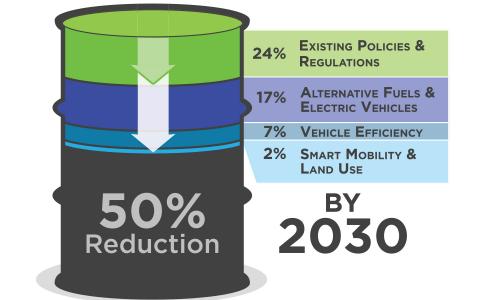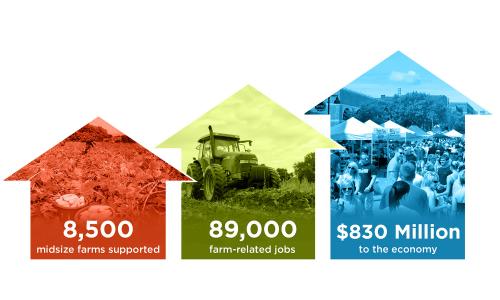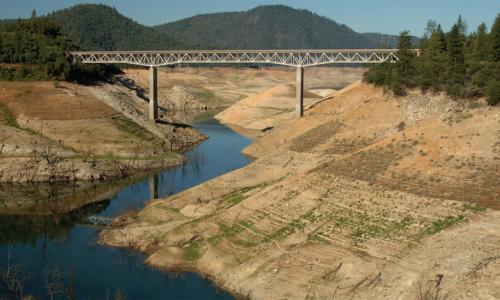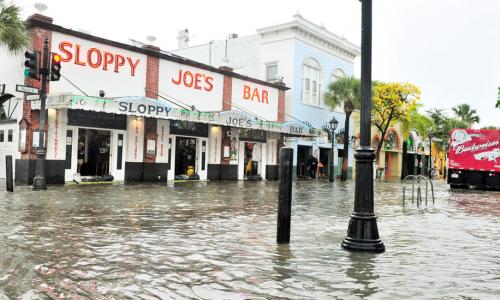All reports
Report

Reducing the Risk of Nuclear War
Hair-trigger alert raises the risk of an accidental, mistaken, or unauthorized nuclear launch.
Report

The New Nuclear-Armed Cruise Missile
Cancelling the LRSO would avoid needless expenditure and help prevent the United States from further destabilizing an already-fragile international security system.
Report

Half the Oil on the West Coast
With the right policies and investments, Oregon, Washington, and California can all cut their oil use in half by 2030.
Report

Growing Economies
Policies that foster the growth of midsize farms can bring a cornucopia of benefits: healthier economies, healthier food, a healthier environment.
Report

Meeting—and Exceeding—the Clean Power Plan in Virginia
A robust plan to cut carbon emissions, deliver significant economic benefits for all Virginians, and chart a cost-effective path to a clean energy future.
Report

Fixing Food
Our failing food system presents communities with an uphill battle to ensure affordable, healthy food for all. Here are five stories of cities finding innovative ways to meet that challenge.
Report

China’s Military Calls for Putting Its Nuclear Forces on Alert
Chinese military officials are openly considering putting nuclear weapons on hair-trigger alert.
Report

Surviving and Thriving in the Face of Rising Seas
Many coastal communities face heightened risks from rising seas because of socioeconomic disparities. They deserve equitable funding to help prepare for flooding and storm surge.
Report

The Big Water Supply Shift in California
Drought and climate change are depleting California's traditional water supplies from snowmelt-fed reservoirs, rivers, and streams. The state must now plan for a different water future.
Report

Counting on Agroecology
The science of agroecology can make US farming more sustainable. So why are we investing so little in it?
Report

Bad Math on New Nuclear Weapons
The costs of the Obama administration’s “3+2” warhead plan outweigh its benefits.
Report

Encroaching Tides in the Florida Keys
The frequency, extent, and duration of tidal flooding are all likely to increase over the next 15 to 30 years, resulting in damage to the Keys’ economy, infrastructure, and ecology.